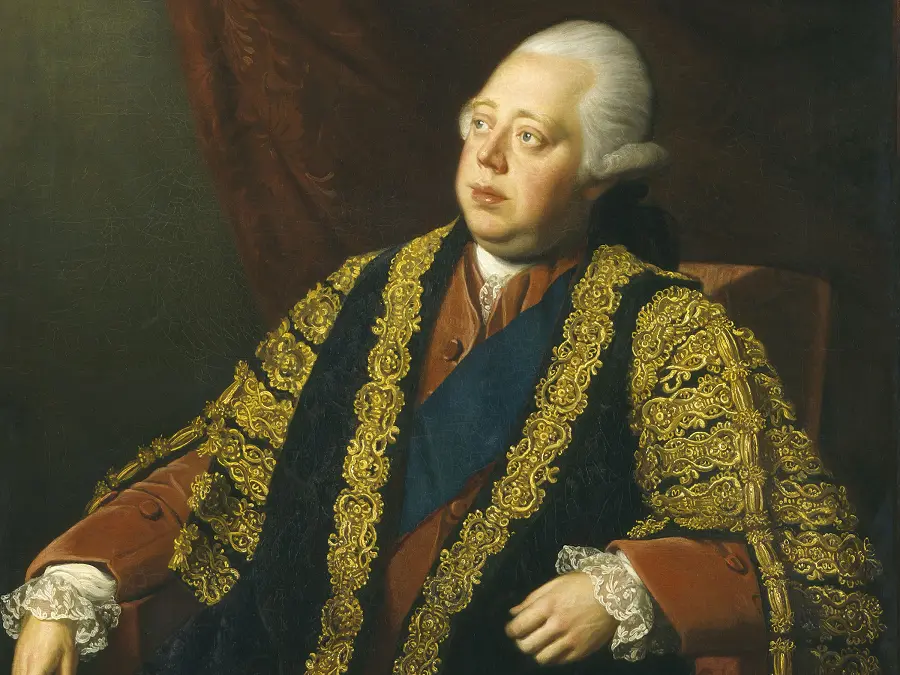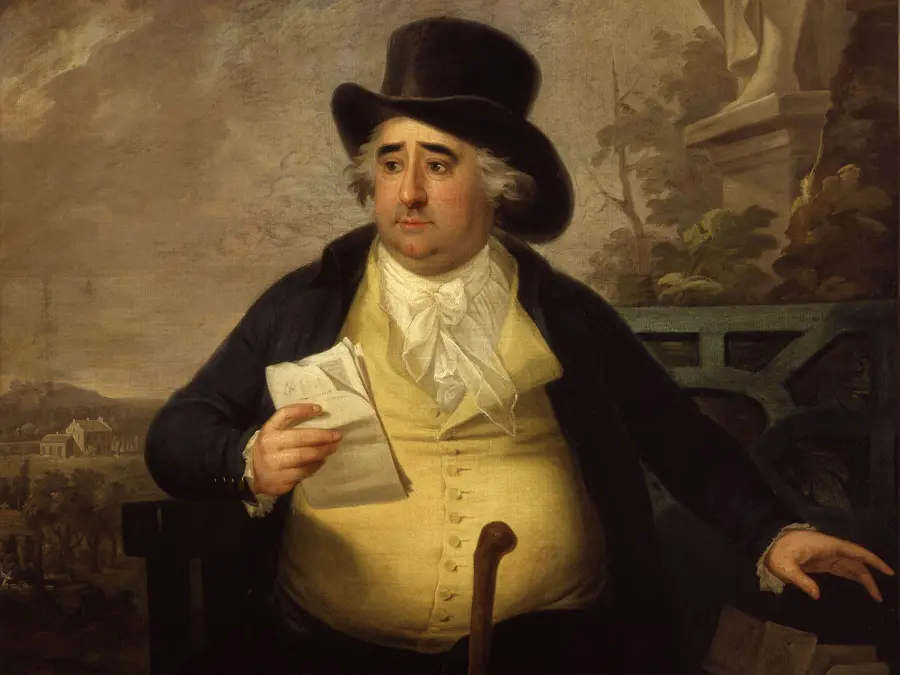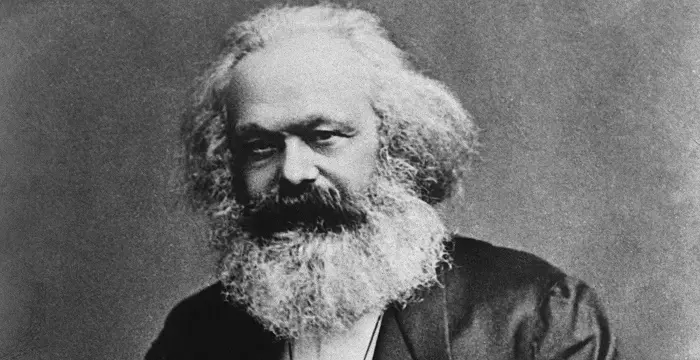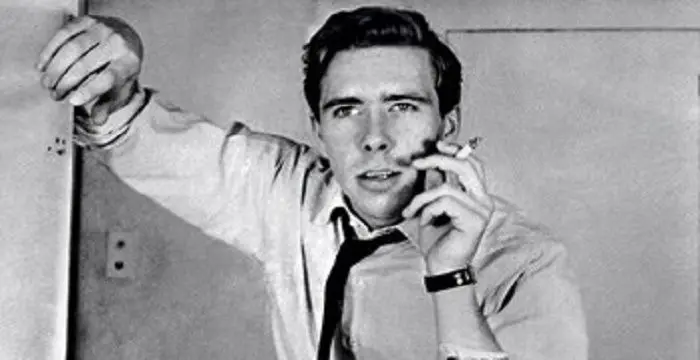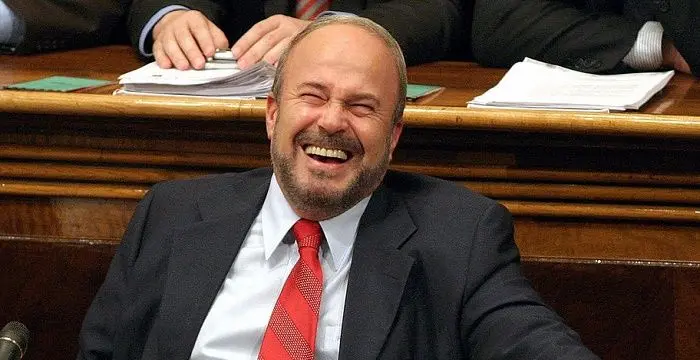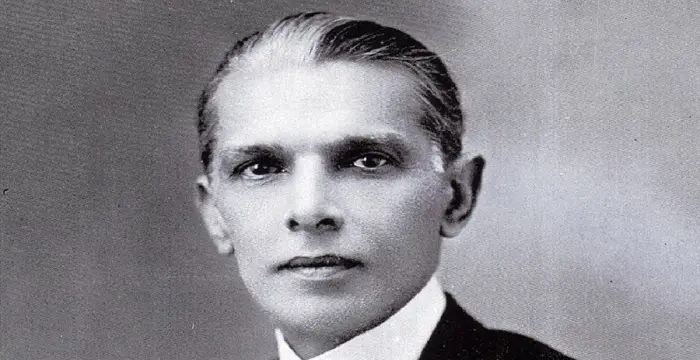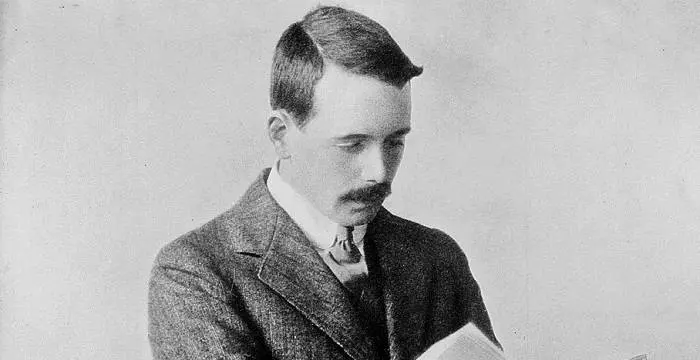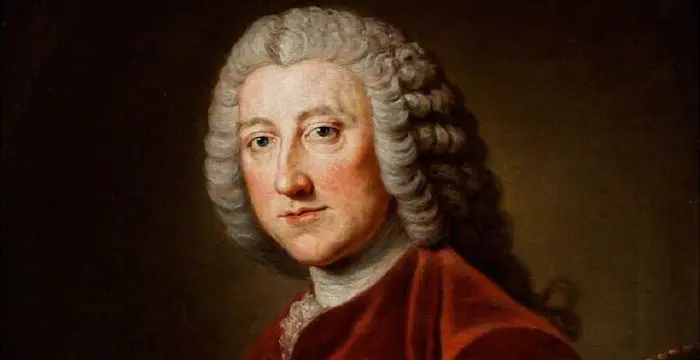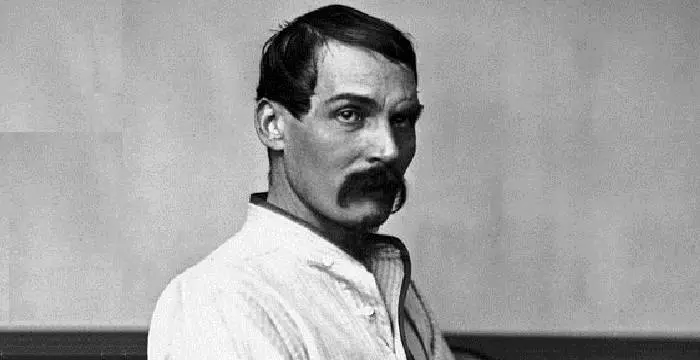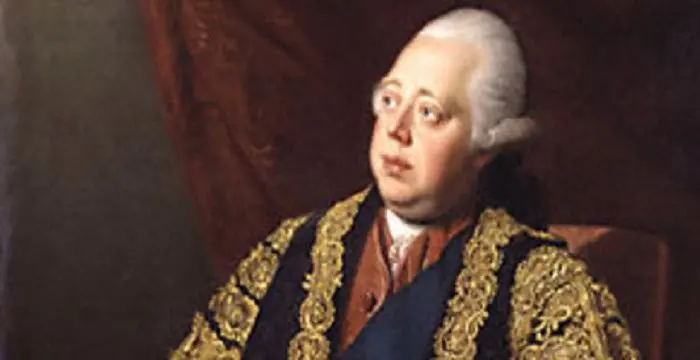
Lord North - Leaders, Family and Childhood
Lord North's Personal Details
Lord North served as the Prime Minister of Great Britain from 1770 to 1782
| Information | Detail |
|---|---|
| Birthday | April 13, 1732 |
| Died on | August 5, 1792 |
| Nationality | British |
| Famous | Eton College, Trinity College, Oxford, Leaders, Political Leaders, Prime Ministers |
| Spouses | Anne Speke North |
| Known as | Frederick North, 2nd Earl of Guilford |
| Childrens | 3rd Earl of Guilford, 4th Earl of Guilford, 5th Earl of Guilford, Francis North, Frederick North, George North |
| Universities |
|
| Notable Alumnis |
|
| Birth Place | Piccadilly |
| Political Ideology | Tory |
| Gender | Male |
| Father | Francis North, 1st Earl of Guilford |
| Mother | Lady Lucy Montagu |
| Sun Sign | Aries |
| Born in | Piccadilly |
| Died at Age | 60 |
// Famous Leaders
Edi Rama
Edi Rama is the current Prime Minister of Albania. Check out this biography to know about his childhood, life, achievements, works & timeline.
Tecumseh
Tecumseh was a Native American leader of the Shawnee clan. This biography profiles his childhood, life and timeline.
Khalifa bin Zayed Al Nahyan
Sheikh Khalifa bin Zayed Al Nahyan is the current President of the United Arab Emirates (UAE). Check out this biography to know about his birthday, childhood, family life, achievements and fun facts about him.
Lord North's photo
Who is Lord North?
Popularly known by his title name Lord North, Frederick North was the Prime Minister of Great Britain who served from January 1770 to March 1782. Hardworking and diligent, he served in the governments of the Duke of Newcastle and Lord Chatham, rising to the position of Chancellor of the Exchequer. He earned the favour of King George II who liked him for his moderate politics. King George II used him to lead the party of royal allies he had nurtured in the Commons. Rising to the post of the Prime Minister, he led Britian through most part of the war of Independence. Things turned for worse as the American Revolution led to the loss of Great Britain’s American colonies. It was this loss that led him to resign from his office of the Prime Minister.
// Famous Eton College
Karl Marx
Karl Marx was a Prussian-German philosopher, revolutionary, historian and socialist whose communist ideologies and works laid the foundation for ‘Marxism’. Explore this biography to learn more about his childhood, life achievements, works & timeline.
Antony Armstrong-Jones, 1st Earl of Snowdon
Antony Armstrong-Jones was a British photographer and film-maker. Check out this biography formore information on his childhood, family, personal life, etc.
Bear Grylls
Bear Grylls is an adventurer popularly known for his bizarre survival tactics in reality television series Man vs. Wild. This biography provides detailed information about his childhood, profile, career and timeline.
Childhood & Early Life
Lord North was born as Frederick North in London at Albemarle Street to Francis North, 1st Earl of Guilford and Lady Lucy Montagu. He spent much of his childhood years at Wroxton Abbey in Oxfordshire.
After the death of his mother in 1734, he was looked after by his step mother but not for long as she too passed away in 1745 when he was thirteen.
Completing his preliminary education, he enrolled at the Eton College where he studied between 1742 and 1748. Thereafter, he gained admission at Trinity College, Oxford where he was awarded an MA degree in 1750.
Finishing his studies in Oxford, he went on a Europe tour along with half-brother Lord Dartmouth. He visited numerous cities, some of which include Leipzig, Vienna, Milan and Paris. He studied at the University of Leipzig returning to England only in 1753.
Career
In 1754, he commenced his political career by being elected as the unopposed Member of the Parliament for the constituency of Banbury. From 1754 to 1790, he retained his chair of an MP.
In 1759, he took up the position of the junior Lord of the Treasury in the government. In the position, he was liked by all due to his excellent administrative skills and parliamentarian abilities.
He got a strong motion passed against John Wilkes who had attacked the government by writing a defamatory article on both the Prime Minister and the King. The motion gained 273 votes against 111 thus leading to the expulsion of Wilkes
In 1765, when the government was run by the Whig honcho Lord Rockingham, he gave up the position to serve as a backbencher MP for a year, largely due to the fear of being linked with the Whig government.
With Pitt resuming to head the government position, he resumed his position as an MP. It was then that he was appointed to the position of Joint Paymaster of the Forces and Privy Counsellor.
In 1767, he succeeded Charles Townshend to take up the position of Chancellor of the Exchequer. The following year, he took up as the Leader of the Commons as well, due to the resignation of the secretary of state Henry Seymour Conway.
Two years later, with the resignation of the Duke of Grafton, he formed his own government on January 28, 1770. Most of his cabinet ministers were known as Tories.
During his term as the Prime Minister, he expanded the British Empire by taking over new territories and several continents
In 1770, he met with early success during the Falklands Crisis as Britain cast dominance over France and Spain and faced down a Spanish attempt to seize the Falkland Islands. Using the popularity, he appointed Lord Sandwich as the First Lord of the Admiralty.
During the American War of Independence in 1775, he introduced Coercive Acts in Britain, which proposed legislative measures to punish the Bostonians. However, his move backfired and instead inflamed the colonist and resulted in a battle which he faced half-heartedly.
In an attempt to end the war, he proposed a Conciliation Plan but that resulted in no positive response as the colonies demanded for complete independence. Following this, he announced his retirement which came as a blow for the opposition who had prepared for a debate at the house.
In 1783, he returned to power as the Home Secretary in a Fox-North coalition under the nominal leadership of the Duke of Portland. However, with King George III detesting the radical and republican ideologies of Fox, he never served in the government after the fall of the ministry in 1783.
He spoke ill of his successor, William Pitt the Younger who despite all odds survived in the office for twenty years, thus disrupting all hopes of him ever turning back to regain the high office again.
In 1790, he left his seat in Parliament shortly before succeeding his father as 2nd Earl of Guilford.
Awards & Achievements
He held various titles from birth to death such as The Hon. Frederick North, Lord North, Lord North, MP, The Rt. Hon. Lord North, MP, The Rt. Hon. Lord North, KG, MP, The Rt. Hon. Lord North, KG and The Rt. Hon. The Earl of Guilford, KG, PC.
Personal Life & Legacy
He married Anne Speke on May 1756. The couple was blessed with six children - George Augustus North, Catherine Anne North, Francis North, Lady Charlotte North, Frederick North and Lady Anne North.
He breathed his last in London after spending his final years in the House of Lords. He was buried at the All Saints' Church, Wroxton. He was succeeded by his eldest son who took over the constituency of Banbury, and in 1792 acceded to his father's title
Trivia
This British Prime Minister led Great Britain during the American Revolution which resulted into the loss of American colonies.
// Famous Prime Ministers
Edi Rama
Edi Rama is the current Prime Minister of Albania. Check out this biography to know about his childhood, life, achievements, works & timeline.
Leo Varadkar
Cam Leo Varadkar is the current Taoiseach—the Prime Minister—of the Republic of Ireland. Check out this biography to know about his childhood, family life, achievements and other facts about his life.
Fatos Nano
Fatos Nano is an Albanian politician who served as Prime Minister of Albania for several times. Check out this biography to know about his childhood, life, achievements, works & timeline.
Lord North biography timelines
- // 13th Apr 1732Lord North was born as Frederick North in London at Albemarle Street to Francis North, 1st Earl of Guilford and Lady Lucy Montagu. He spent much of his childhood years at Wroxton Abbey in Oxfordshire.
- // 1734 To 1745After the death of his mother in 1734, he was looked after by his step mother but not for long as she too passed away in 1745 when he was thirteen.
- // 1742 To 1750Completing his preliminary education, he enrolled at the Eton College where he studied between 1742 and 1748. Thereafter, he gained admission at Trinity College, Oxford where he was awarded an MA degree in 1750.
- // 1753Finishing his studies in Oxford, he went on a Europe tour along with half-brother Lord Dartmouth. He visited numerous cities, some of which include Leipzig, Vienna, Milan and Paris. He studied at the University of Leipzig returning to England only in 1753.
- // 1754 To 1790In 1754, he commenced his political career by being elected as the unopposed Member of the Parliament for the constituency of Banbury. From 1754 to 1790, he retained his chair of an MP.
- // May 1756He married Anne Speke on May 1756. The couple was blessed with six children - George Augustus North, Catherine Anne North, Francis North, Lady Charlotte North, Frederick North and Lady Anne North.
- // 1759In 1759, he took up the position of the junior Lord of the Treasury in the government. In the position, he was liked by all due to his excellent administrative skills and parliamentarian abilities.
- // 1765In 1765, when the government was run by the Whig honcho Lord Rockingham, he gave up the position to serve as a backbencher MP for a year, largely due to the fear of being linked with the Whig government.
- // 1767In 1767, he succeeded Charles Townshend to take up the position of Chancellor of the Exchequer. The following year, he took up as the Leader of the Commons as well, due to the resignation of the secretary of state Henry Seymour Conway.
- // 1770In 1770, he met with early success during the Falklands Crisis as Britain cast dominance over France and Spain and faced down a Spanish attempt to seize the Falkland Islands. Using the popularity, he appointed Lord Sandwich as the First Lord of the Admiralty.
- // 28th Jan 1770Two years later, with the resignation of the Duke of Grafton, he formed his own government on January 28, 1770. Most of his cabinet ministers were known as Tories.
- // 1775During the American War of Independence in 1775, he introduced Coercive Acts in Britain, which proposed legislative measures to punish the Bostonians. However, his move backfired and instead inflamed the colonist and resulted in a battle which he faced half-heartedly.
- // 1783In 1783, he returned to power as the Home Secretary in a Fox-North coalition under the nominal leadership of the Duke of Portland. However, with King George III detesting the radical and republican ideologies of Fox, he never served in the government after the fall of the ministry in 1783.
- // 1790In 1790, he left his seat in Parliament shortly before succeeding his father as 2nd Earl of Guilford.
- // 5th Aug 1792He breathed his last in London after spending his final years in the House of Lords. He was buried at the All Saints' Church, Wroxton. He was succeeded by his eldest son who took over the constituency of Banbury, and in 1792 acceded to his father's title
// Famous Trinity College, Oxford
Muhammad Ali Jinnah
Muhammad Ali Jinnah was an influential political leader of India before partition and instrumental in creation of Pakistan. This biography offers detailed information on his childhood, political career, life and timeline.
Henry Moseley
Henry Moseley was a renowned English physicist who developed the Moseley’s Law in the field of x-ray spectroscopy. To know more about his childhood, career, profile and timeline read on.
William Pitt, 1st Earl of Chatham
William Pitt, 1st Earl of Chatham was an 18th century British politician and statesman. Check out this biography to know about his childhood, life, achievements, works & timeline.
Richard Francis Burton
Richard Francis Burton was an English polymath who became world renowned after his expeditions to Mecca and Medina. This biography of Richard Burton provides detailed information about his childhood, life, achievements, works & timeline
Lord North's FAQ
What is Lord North birthday?
Lord North was born at 1732-04-13
When was Lord North died?
Lord North was died at 1792-08-05
Where was Lord North died?
Lord North was died in Grosvenor Square
Which age was Lord North died?
Lord North was died at age 60
Where is Lord North's birth place?
Lord North was born in Piccadilly
What is Lord North nationalities?
Lord North's nationalities is British
Who is Lord North spouses?
Lord North's spouses is Anne Speke North
Who is Lord North childrens?
Lord North's childrens is 3rd Earl of Guilford, 4th Earl of Guilford, 5th Earl of Guilford, Francis North, Frederick North, George North
What was Lord North universities?
Lord North studied at Eton College,Trinity College, Oxford, Trinity College, Oxford, Eton College
What was Lord North notable alumnis?
Lord North's notable alumnis is Eton College, Trinity College, Oxford
What is Lord North's political ideology?
Lord North's political ideology is Tory
Who is Lord North's father?
Lord North's father is Francis North, 1st Earl of Guilford
Who is Lord North's mother?
Lord North's mother is Lady Lucy Montagu
What is Lord North's sun sign?
Lord North is Aries



